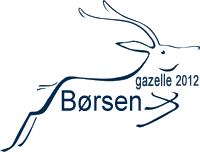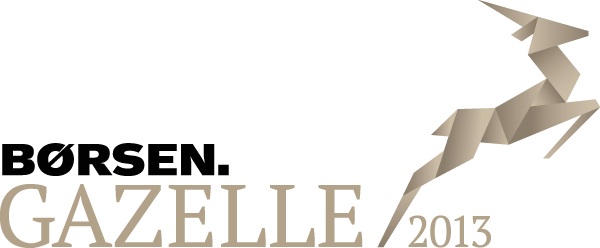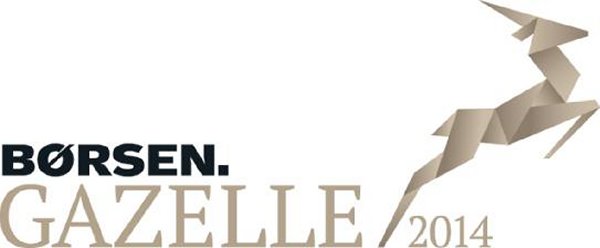Research for People
We operate in the cross-field of technology and social sciences, developing solutions that help both people and society. On one hand, we develop innovative concept and technology solutions while on the other hand having a deep understanding of the socio-economic context.
Our technology expertise lays in Internet Based Services such as Embedded Artificial Intelligence, Cloud Technologies and Internet of Things where we have extensive knowledge about communication technologies, networks, semantic interoperability, web services, ontologies, and knowledge management.
Our socio-economic expertise lays in sociology based user-driven development, interaction design, scenario thinking, anthropological and etnographical validation methods, as well as ethics, data privacy and cybersecurity.
Mastering Complex Technology
In-JeT is working with ground-breaking technologies such as Internet of Things, Artificial Intelligence, Cloud Based Services and Semantic Interoperability. These disruptive technologies are fueling the rapid development of intelligent Internet Based Services.
Our technological competences are put to use to design advanced intelligent software and hardware concepts and architectures. We combine our technological capabilities with our knowledge of socio-economics to build sustainable solutions.
Embracing User-Centred Design
We apply an evolutionary requirement engineering, specification and design methodology underpinned by a strong user-centric development process.
The methodology calls for comprehensive iterative requirement and stakeholder analysis based on domain-specific scenario thinking. Detailed use cases are derived from vision scenarios and workflows, providing the basis for an initial set of requirement specifications.
The requirements are defined to encompass the needs and priorities of the users as well as the wider exploitability and scalability requirements, taking into account the technical constraints along with security, socio-economic, ethical and legal requirements and the deployability of the resulting solutions.
The initial set of requirements will define the initial architectural specification, which then drives the research and development work and system integration.
Including The Socio-Economic Context
In-JeT incorporates socio-economic and business related, cross-disciplinary research tasks in our research projects We assess how to integrate new technology into organisational structures, democratic processes and business ecosystems. We analyse ethical, privacy and sociological issues. And we identify and measure impact.
Clear Communication of Results
We develop, publish and carry out comprehensive dissemination strategies and plans to ensure that project results and knowledge gained are made easily available to the relevant stakeholder groups.
We identify and describe a set of quantifiable impacts and a set of relevant KPIs to measure project impact. We monitor the fulfilment of the KPIs in annual reports.
We aim to maximise the impact of our projects by promoting the results in a strategic and targeted manner, including the media and the public and by engaging in a two-way exchange using powerful websites and social media interaction.
Delivered by Professional Project Management
In-JeT offers both practical and theoretical experience in project management. We have successfully performed various management functions in more than 20 EU and nationally funded projects such as project manager, technical manager, vision owner, dissemination manager, ethics manager, pilot coordinator, IPR manager, etc. We also have team members with academic degrees in management.
We focus on creating a management structure and supporting procedures that are specifically designed to provide strategic and operational management in industrial and highly multidisciplinary research and technology projects.
We use a range of management tools to provide an effective and efficient management and work process of a project. Our objective is to ensure an efficient management approach and a consistent high quality of the work to be performed and of the reports to be produced.
We have installed a range of web-based tools for cooperative working. We use our JIRA Issue Tracker for capturing and engineering of requirements. We use BSCW (Groupware for collaborative working) to exchange documents and other information.
Awards
The Gazelle Award
In three consecutive years (2012, 2013 and 2014), In-JeT was named a “Gazelle enterprise” by the Danish business daily Børsen.
Every year since 1995, Børsen has identified Denmark’s growth elite and the word “Gazelle” has become a synonym for a rapidly growing business.
The definition of a gazelle is a company that over the past four financial years has had continuous growth in revenues or gross profit, and as a whole has more than doubled revenue or gross profit in the period. The specific criteria are:
- Must be a registered limited company
- Must have min. 1 million DKK in revenues or 0.5 million DKK in gross profit
- A minimum of four 12 months accounts must have been published
- Turnover or gross profit shall more than doubled over the past four years




